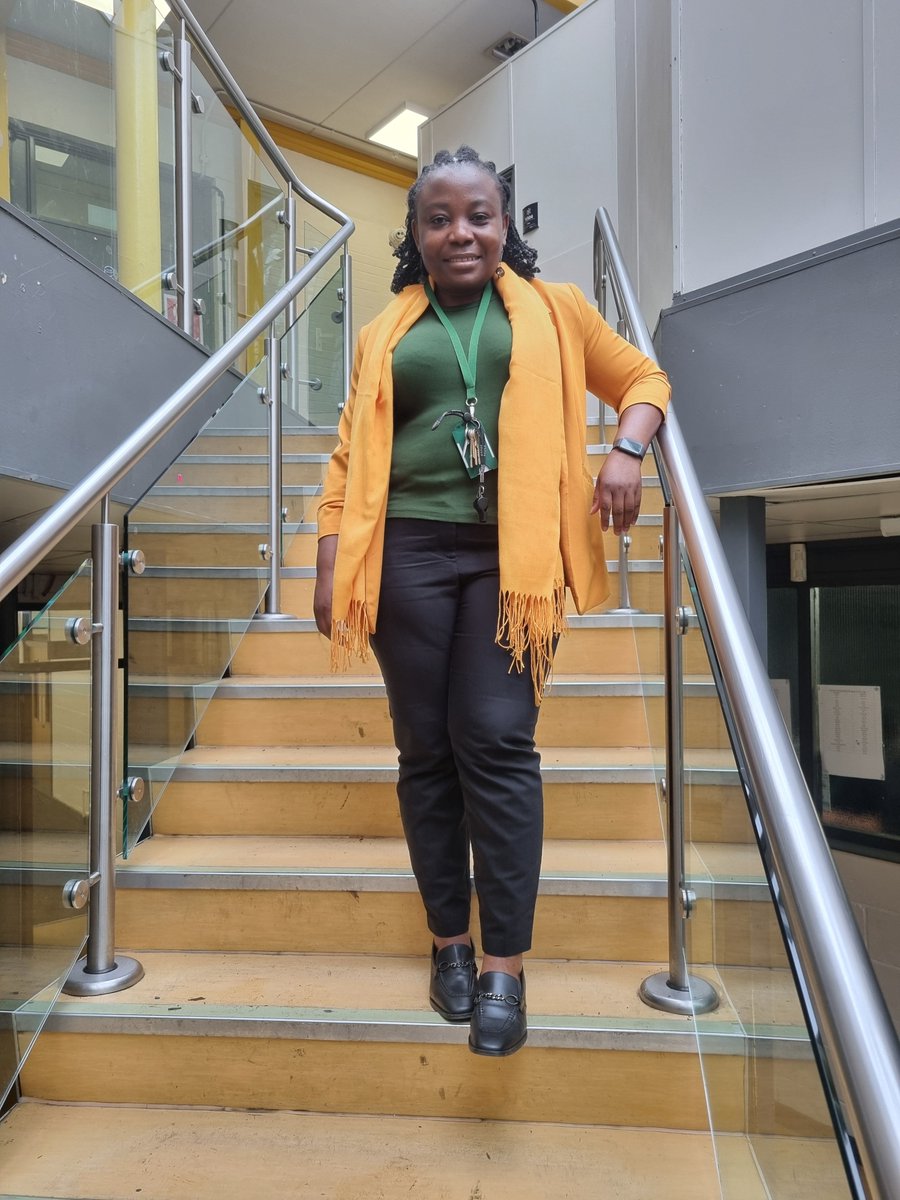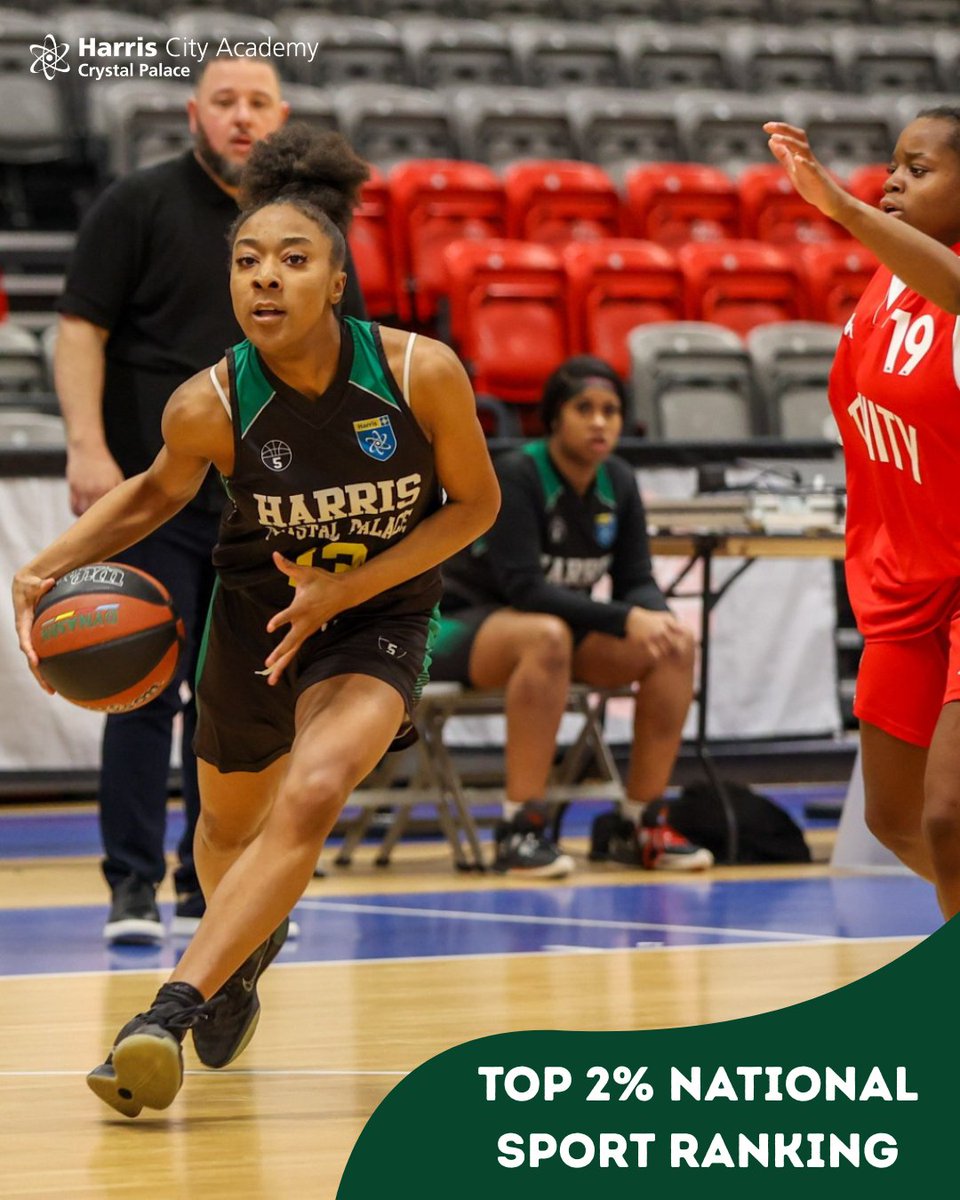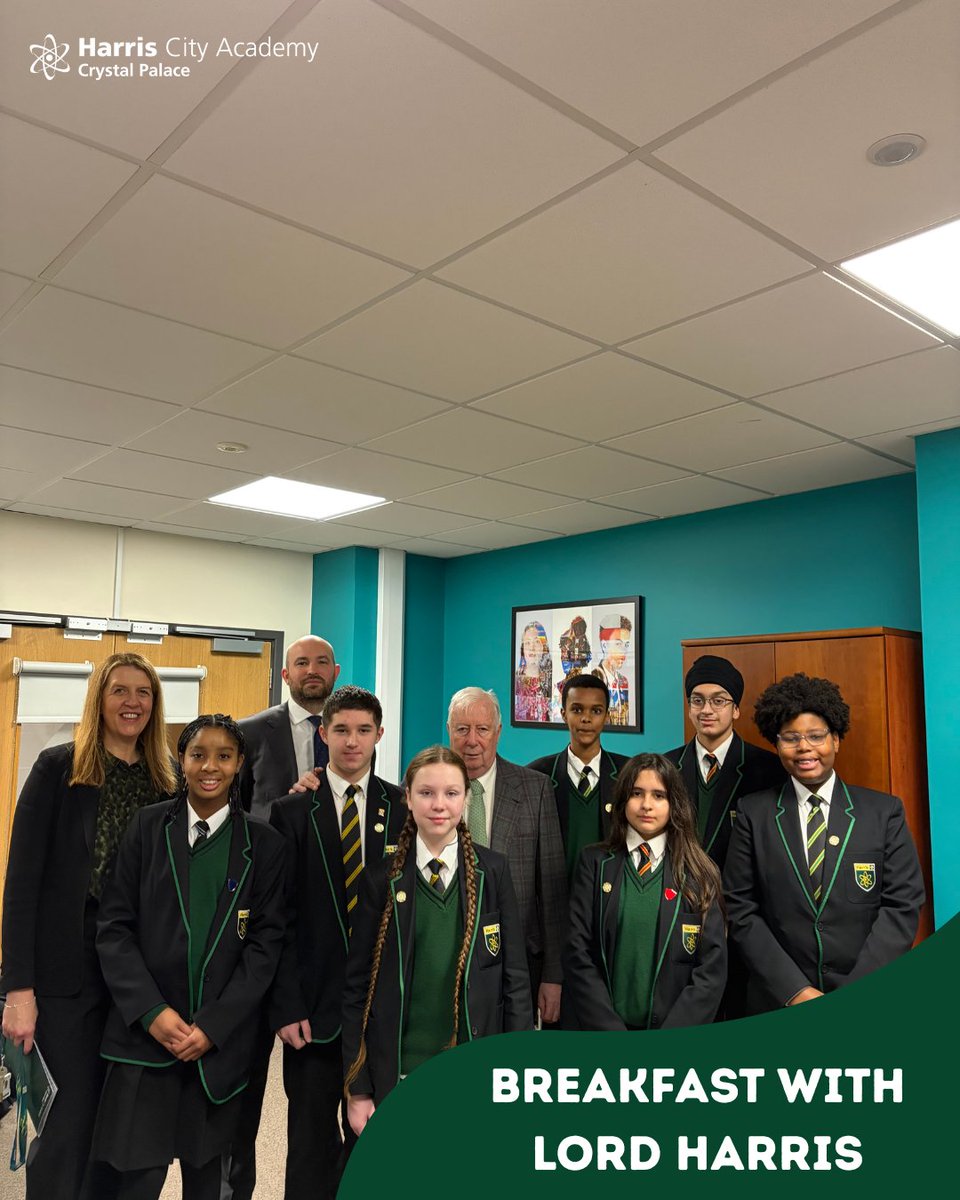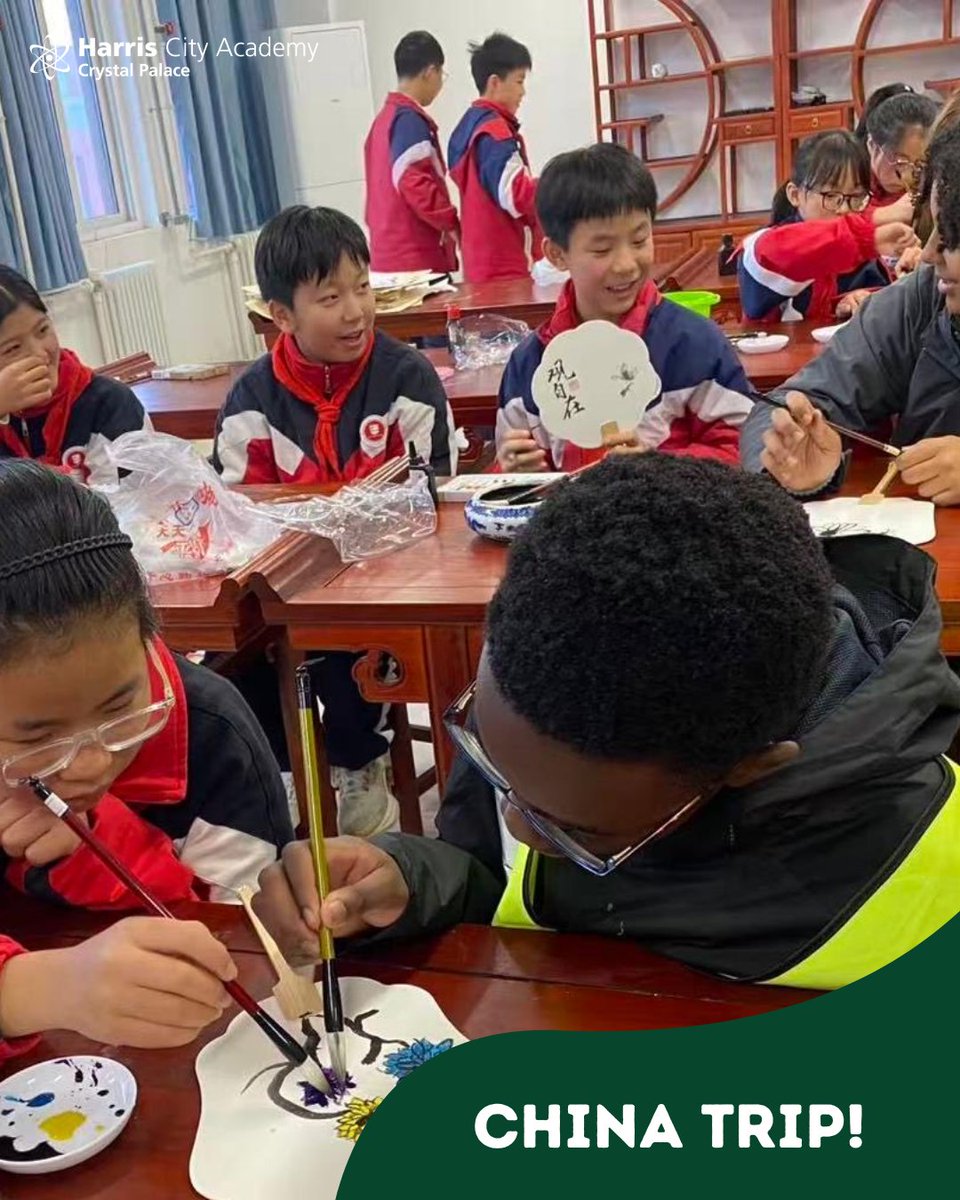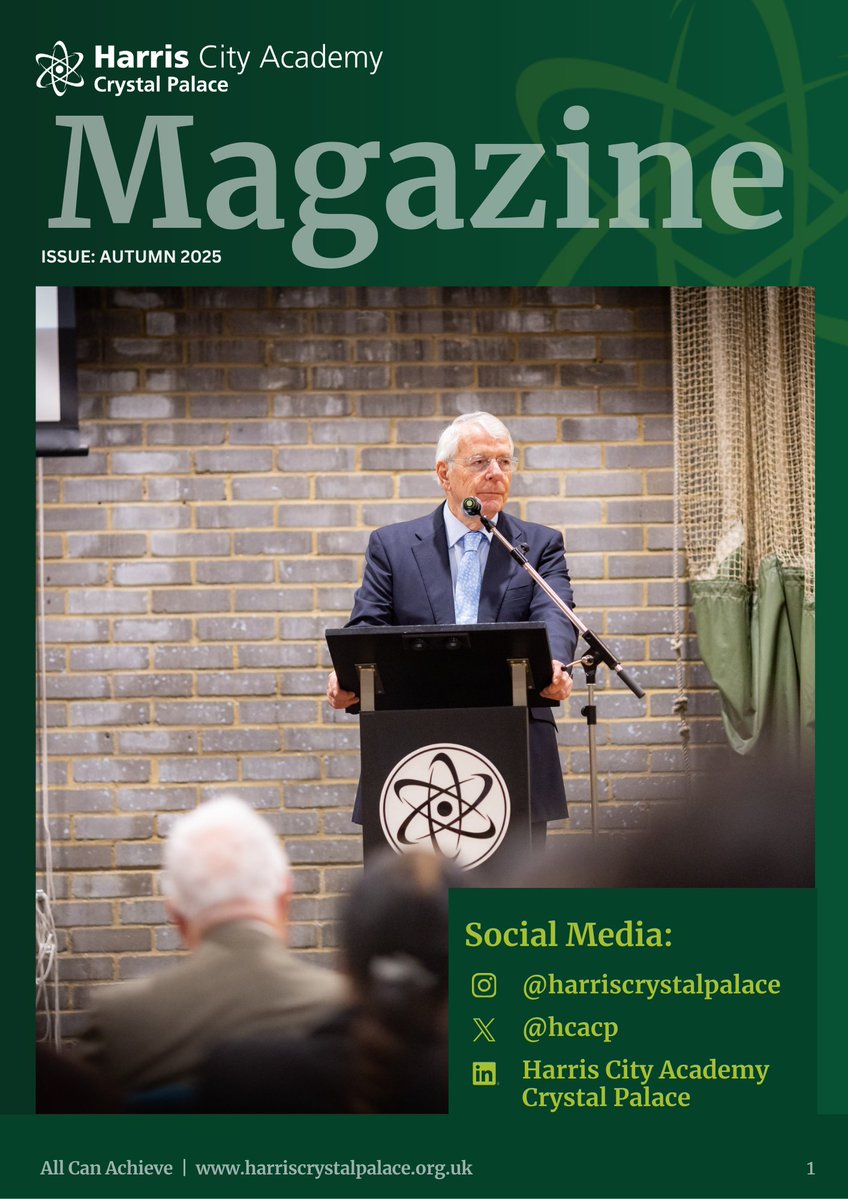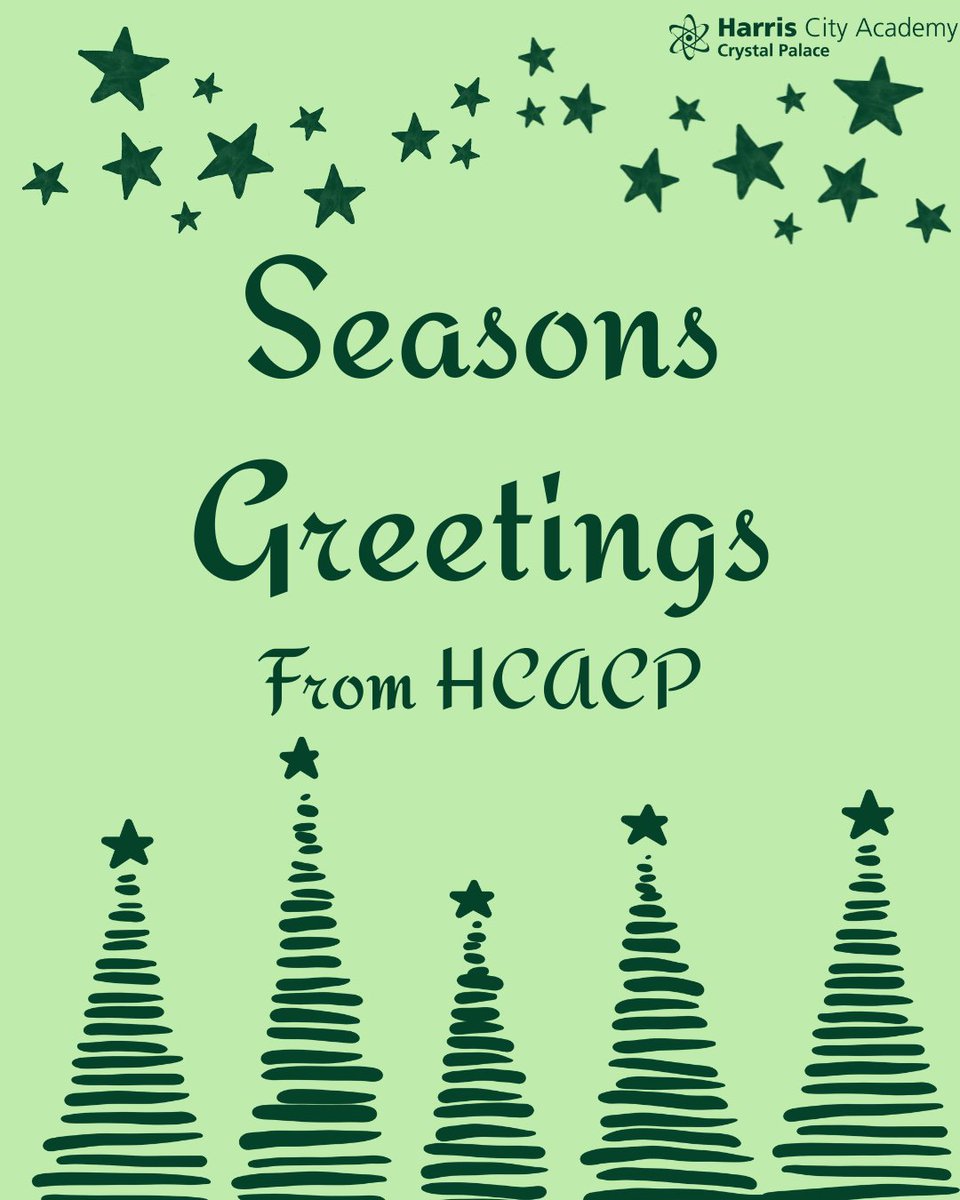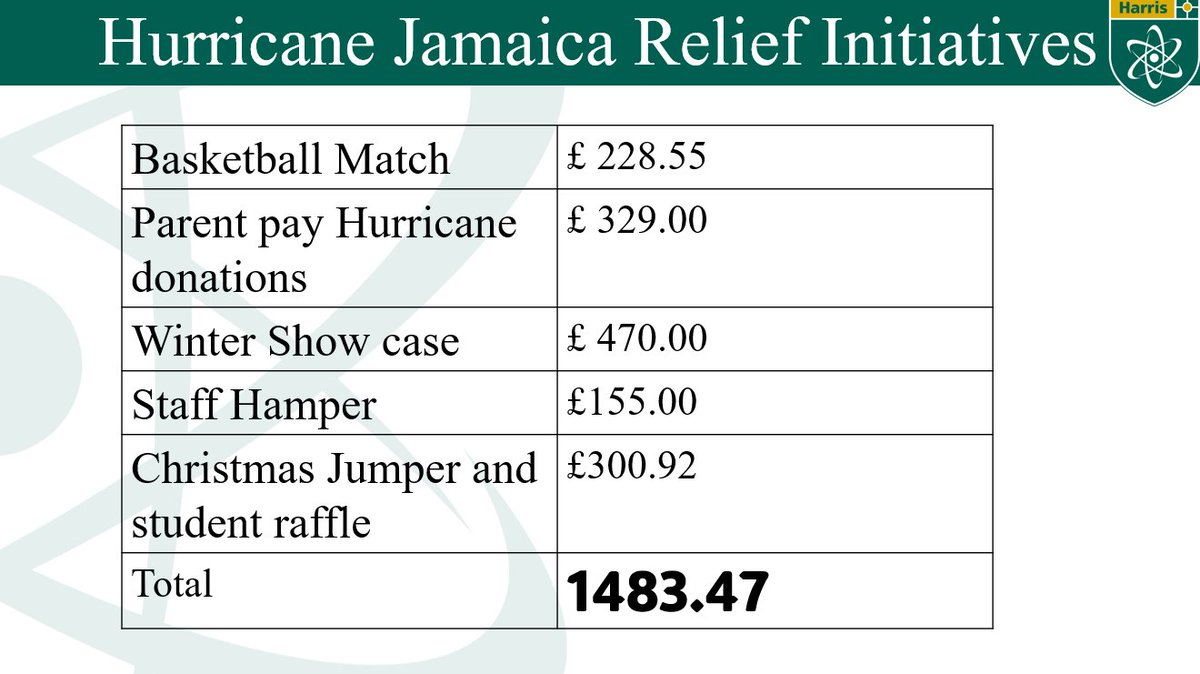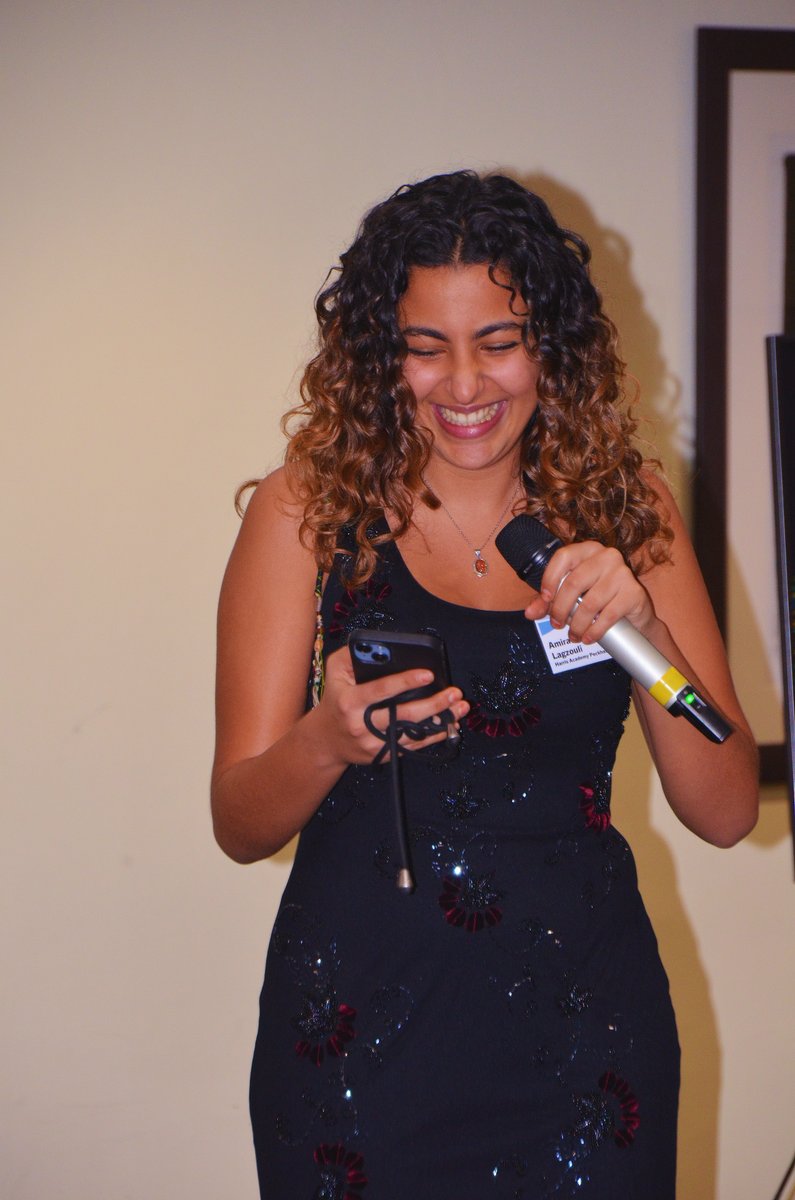Design and Technology
Year 7 Overview for Design and Technology
Annual Overview:
During year 7, students are taught a range of disciplines, use specialist equipment, and have access to a range of workshops. In design and technology, students are given the opportunity to attain practical skills and knowledge that allow them to be experimental and gain confidence.
Each project allows access to various practical learning opportunities, focusing on Health and Safety and understanding materials and processes that will enable innovative outcomes. The subject is well-resourced, with three dedicated workshops, two food kitchens, and an equipped CAD suite. The department works to deliver activities that offer technological challenges with modern equipment alongside some more traditional skills.
Assessments:
Throughout the year, students are assessed on a variety of criteria. These include their technical knowledge, practical outcomes, and their ability to apply the skills they've learned to future scenarios. The focus is on developing communication, presentation, problem-solving, and evaluation skills, and the ability and confidence to work independently. Homework is designed to review the topics covered in lessons and support the learning process. At the end of each unit, students are assessed on their retained practical and theoretical knowledge.
Homework:
Homework can be found on Microsoft teams. Students have one week to complete their homework. Work will be marked, and students are expected to act on feedback given as part of their homework, as well implementing their new understanding on a similar, but more complex task.
Events and Trips:
KS3 extra-curricular club for year 7 and 8 to encompass all specialisms, will be offered at certain part of the year.
Other resources:
Websites:
BBC Bitesize
Books, Articles and other Resources:
David MaCauley “How Things Work”
Educational Visits: e.g. museums, galleries, places of interest etc.
Science Museum, Design Museum, V&A
Departmental blog, website, twitter etc.
Year 8 Overview for Design and Technology
Annual Overview:
During year 8, students are taught a range of disciplines, use specialist equipment, and have access to a range of workshops. In design and technology, students are given the opportunity to attain practical skills and knowledge that allow them to be experimental and gain confidence.
Each project allows access to various practical learning opportunities, focusing on Health and Safety and understanding materials and processes that will enable innovative outcomes. The subject is well-resourced, with three dedicated workshops, two food kitchens, and an equipped CAD suite. The department works to deliver activities that offer technological challenges with modern equipment alongside some more traditional skills.
Assessments:
Throughout the year, students are assessed on a variety of criteria. These include their technical knowledge, practical outcomes, and their ability to apply the skills they've learned to future scenarios. The focus is on developing communication, presentation, problem-solving, and evaluation skills, and the ability and confidence to work independently. Homework is designed to review the topics covered in lessons and support the learning process. At the end of each unit, students are assessed on their retained practical and theoretical knowledge.
Homework:
Homework can be found on Microsoft teams. Students have one week to complete their homework. Work will be marked, and students are expected to act on feedback given as part of their homework, as well implementing their new understanding on a similar, but more complex task.
Events and Trips:
KS3 extra-curricular club to encompass all specialisms, will be offered at certain part of the year.
Other resources:
Websites:
BBC Bitesize
Books, Articles and other Resources:
David MaCauley “How Things Work”
Educational Visits: e.g. museums, galleries, places of interest etc.
Science Museum, Design Museum, V&A
Website, twitter etc.
Year 9 Overview for Design and Technology
Students in year 9 will build on their foundational knowledge from years 7&8, they will use their experience of working in the specialist rooms and completion of previous units to inform their design and making decisions. In preparation for the next key stage students are given a project that bridges the gap between lower Key stage 3 and Key stage 4. This involves further developing technical know-how, industrial processes, design and making for others. In Food students will continue a culinary journey, learning how to apply nutrition and health principles to prepare a variety of predominantly savoury dishes. This will ensure a healthy and diverse diet for themselves and others.
Assessments:
Throughout the year, students are assessed on a variety of criteria. These include their technical knowledge, practical outcomes, and ability to apply the skills they've learned to future scenarios. The focus is on developing communication, presentation, problem-solving, and evaluation skills, and the ability and confidence to work independently. Homework is designed to review the topics covered in lessons and support the learning process. Students are assessed on their retained practical and theoretical knowledge at the end of each unit.
Homework:
Homework can be found on Microsoft Teams. Students have one week to complete it. The work will be marked, and students are expected to act on feedback given as part of their homework and implement their new understanding of a similar but more complex task.
Other resources:
Websites:
http://www.technologystudent.com
https://www.foodafactoflife.org.uk/
Educational Visits: e.g. museums, galleries, places of interest etc.
Science Museum, Design Museum, V&A
Year 10 & 11 Overview for AQA Design and Technology
Course Title: Design and Technology (8552)
Exam Board: AQA
Qualification: GCSE
Course Aims:
- Equip students with the knowledge and confidence to participate successfully in an increasingly technological world.
- Provide a comprehensive understanding of materials, processes, and design thinking.
- Develop creative problem-solving, technical, and practical making skills.
- Encourage innovation and the ability to respond to user needs and real-world challenges.
- Promote interdisciplinary learning by integrating mathematics, science, art, computing, and humanities into design projects.
Key Topics:
Core Technical Principles:
- Understanding a broad range of materials including timbers, metals, and plastics.
- Developing knowledge of tools, machinery, and manufacturing processes.
- Learning about energy generation, new and emerging technologies, and sustainability.
Specialist Technical Principles:
- Deepening understanding of selected materials, focusing on properties, uses, and environmental impact.
- Investigating commercial manufacturing and quality control.
- Exploring finishes, fixings, and joining techniques.
Designing and Making Principles:
- Applying iterative design processes and responding to design briefs.
- Conducting primary and secondary research, including interviewing users.
- Developing and presenting design ideas using 2D and 3D sketching techniques and CAD.
- Producing prototypes and final outcomes using a combination of hand tools, machines, and digital manufacturing methods.
- Testing and evaluating ideas against user needs and design specifications.
Practical Application and Exam Preparation:
- Regular design challenges and model-making tasks to reinforce design theory.
- Mastering presentation and communication skills using drawing and digital software.
- Creating prototypes with increasing independence and complexity.
- Developing project management skills, time management, and self-reflection.
- Preparing for the NEA (Non-Examined Assessment) through planning, designing, making, and evaluating a product.
Assessment:
Non-Exam Assessment (NEA):
- A design-and-make task based on a contextual challenge released by AQA.
- Students develop a project portfolio and working prototype.
- Assessed on investigating, designing, making, and evaluating.
- Worth 50% of the final grade.
Written Exam:
- 2 hours
- Covers core technical principles, specialist technical principles, and designing and making principles.
- Worth 50% of the final grade.
Key Outcomes:
By the end of the course, students will:
- Demonstrate the ability to design and manufacture functional, innovative products.
- Show competence in research, idea generation, development, and problem-solving.
- Understand the social, environmental, and economic impact of design.
- Have built a strong foundation for further study in design, engineering, or creative industries.
Websites:
- http://www.technologystudent.com
- http://www.designandtech.com
- http://wiki.dtonline.org/index.php/Main_Page
- http://www.bpf.co.uk
Books, Articles and Other Resources:
- AQA GCSE Design and Technology Revision Guide (various publishers)
- Magazines such as Design Week and Dezeen
- Access to past exam papers and mark schemes
Educational Visits:
- Design Museum
- Victoria & Albert Museum (V&A)
- Science Museum
- Local design and manufacturing studios or exhibitions
Departmental Resources:
- School website and D&T department page
- Social media channels and blogs for showcasing student work
AQA Year 10 Food Preparation and Nutrition Curriculum Overview
The Year 10 AQA Food Preparation and Nutrition course aims to equip students with essential skills, knowledge, and understanding related to food, nutrition, and the science behind food preparation. It blends practical cooking experience with theoretical learning to promote informed food choices and a healthy lifestyle.
Core Areas of Study:
-
Food, Nutrition, and Health
-
Understanding the function and sources of nutrients in the diet.
-
Nutritional needs across life stages, including factors affecting energy and nutritional requirements.
-
The relationship between diet, nutrition, and health, including dietary guidelines and food-related health conditions.
-
Food Science
-
The scientific principles behind cooking, including the effect of heat and moisture on food properties.
-
Enzymes, bacteria, and microorganisms in food.
-
Chemical changes in food during preparation and cooking, such as protein coagulation and carbohydrate gelatinization.
-
Food Safety
-
Hygiene and safety practices in the kitchen.
-
Safe food storage, handling, and cooking techniques to avoid contamination and foodborne illnesses.
-
The role of temperature in food safety and methods to preserve food.
-
Food Choice
-
Factors influencing food choices, including cultural, environmental, and social considerations.
-
The impact of food labeling, advertising, and ethical choices on consumer behavior.
-
Dietary needs related to allergens, intolerances, and specific diets like veganism or vegetarianism.
-
Food Provenance
-
Understanding where food comes from, including local and global food sources.
-
The environmental impact of food production, such as sustainability, food miles, and carbon footprint.
-
Seasonality, organic farming, and Fairtrade practices.
-
Cooking and Food Preparation
-
Development of a wide range of practical cooking skills, including knife skills, using various cooking methods (baking, grilling, steaming, etc.), and food presentation.
-
Adapting recipes to suit different dietary requirements and preferences.
-
Experimenting with ingredients to understand how flavor, texture, and appearance are influenced by food preparation techniques.
Assessment Overview:
-
Practical Cooking Skills: Students will be assessed on their ability to prepare, cook, and present dishes. They will develop skills in time management, organization, and creativity.
-
Theoretical Knowledge: End-of-unit tests and classwork focus on understanding food science, nutrition, safety, and food choice.
Skills Developed:
-
Critical thinking and problem-solving in food-related contexts.
-
Practical cooking techniques and precision.
-
Application of food science to real-life situations.
-
Understanding of global food issues such as sustainability and ethical sourcing.
Year 11 Overview for AQA Food Preparation and Nutrition
Course Title: Food Preparation and Nutrition (8585)
Exam Board: AQA
Qualification: GCSE AQA Year 11 Food Preparation and Nutrition Overview
Course Aims:
-
Equip students with essential food preparation skills.
-
Foster an understanding of nutrition, food science, and food safety.
-
Promote creativity and confidence in the kitchen through practical experience.
Key Topics:
-
Food Preparation Skills:
-
Knife skills, preparation techniques, and cooking methods.
-
Safe handling of ingredients, including meat, fish, and poultry.
-
Baking, roasting, grilling, and use of specialist equipment.
-
Food Science:
-
Investigating the functional and chemical properties of food.
-
Understanding how ingredients combine and react during cooking.
-
Experimenting with different food processes and preservation methods.
-
Nutrition and Health:
-
Key nutrients and their role in maintaining health.
-
The impact of diet on long-term health, including obesity and lifestyle diseases.
-
Understanding dietary needs for different life stages and health conditions.
-
Food Safety and Hygiene:
-
Safe food storage, handling, and cooking to prevent contamination.
-
Personal hygiene, kitchen safety, and risk assessments.
-
Understanding food-related illnesses and how to avoid them.
-
Food Provenance and Sustainability:
-
Origins of food and the impact of food choices on the environment.
-
Seasonal and locally sourced foods, ethical farming practices.
-
Food security, food waste, and sustainable production.
-
Practical Application and Exam Preparation:
-
Regular practical cooking sessions to apply theoretical knowledge.
-
Mastering time management and organisation in cooking tasks.
-
Preparing for the NEA (Non-Exam Assessment) practical exam, focusing on a chosen cuisine or dietary need.
-
Written exam preparation, covering theory and food science.
Assessment:
Non-Exam Assessment (NEA):
-
Task 1: Food Investigation – exploring the scientific principles behind cooking.
-
Task 2: Food Preparation – planning, preparing, and cooking a selection of dishes to demonstrate practical skills.
-
Written Exam:
-
1 hour 45 minutes, covering nutrition, food science, and safety.
Key Outcomes:
By the end of the course, students will be confident in making informed food choices, understand the relationship between food and health, and be proficient in a wide range of cooking and food preparation techniques. The course also provides a foundation for those considering further study in food science, nutrition, or the hospitality industry.
Websites:
http://www.foodsafety.gov/
http://homefoodsafety.org/app
http://www.bbc.co.uk/health/healthyliving
http://www.nutrition.org.uk/
https://www.foodafactoflife.org.uk/




